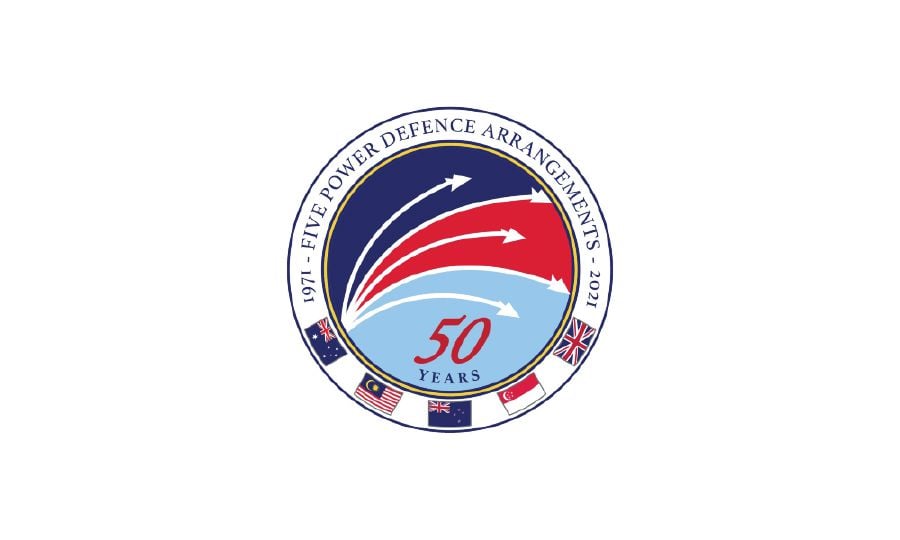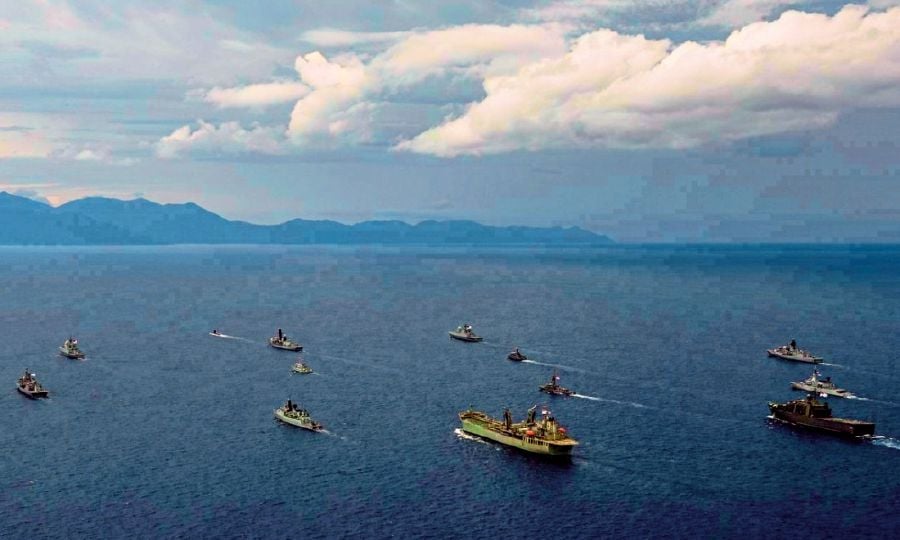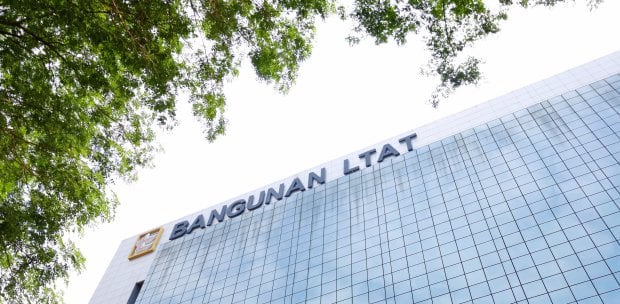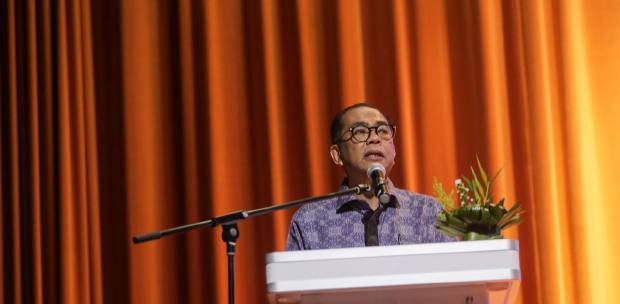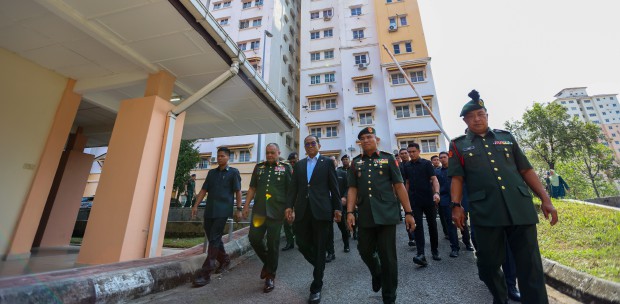THE year 2021 marks the 50th anniversary of the Five Power Defence Arrangements (FPDA) since it was established in 1971, making it the second oldest military partnership after the North Atlantic Treaty Organisation (NATO).
The multilateral defence cooperation between FPDA members Malaysia, Singapore, Australia, New Zealand and the United Kingdom was initially conceived for the defence of Malaysia and Singapore following the draw-down of British Armed Forces "East of Suez" after World War II.
At FPDA's inception, member nations pledged to consult one another on the appropriate measures to be taken in the event of an external threat to Malaysia or Singapore.
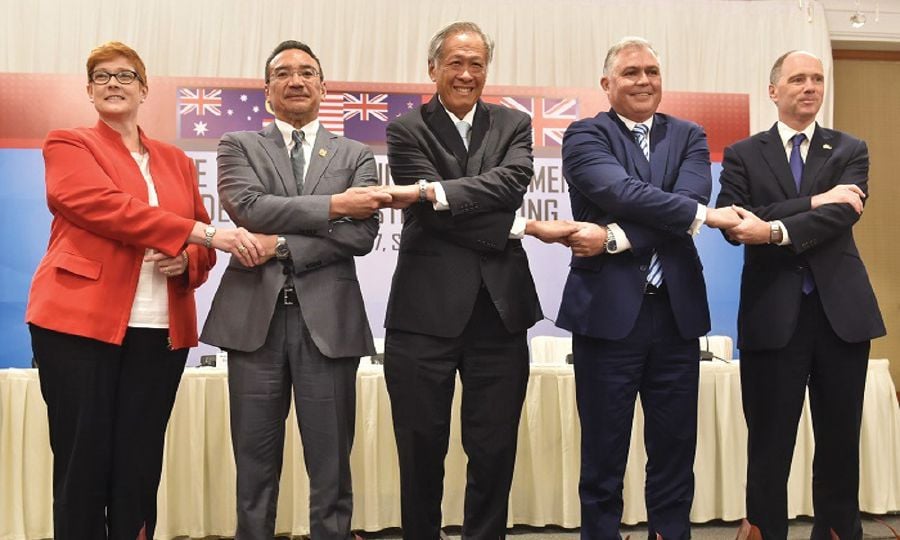
At the 10th FPDA Defence Ministers' Meeting in Singapore, a little over four years ago, I recognised that the FPDA is a constructive multilateral agreement and remained an integral part of the region's security architecture. Not only because the arrangement has a historical dimension, but also the thrust between its five member nations to face the challenges of today.
Appointed to lead the Defence Ministry once again, now as a Senior Minister, I am cognisant of the ongoing security challenges we face, namely the continued presence of transnational organised crime in the maritime domain, including piracy, sea robberies, trafficking of weapons, drugs and people and illegal unreported and unregulated fishing (IUU fishing).
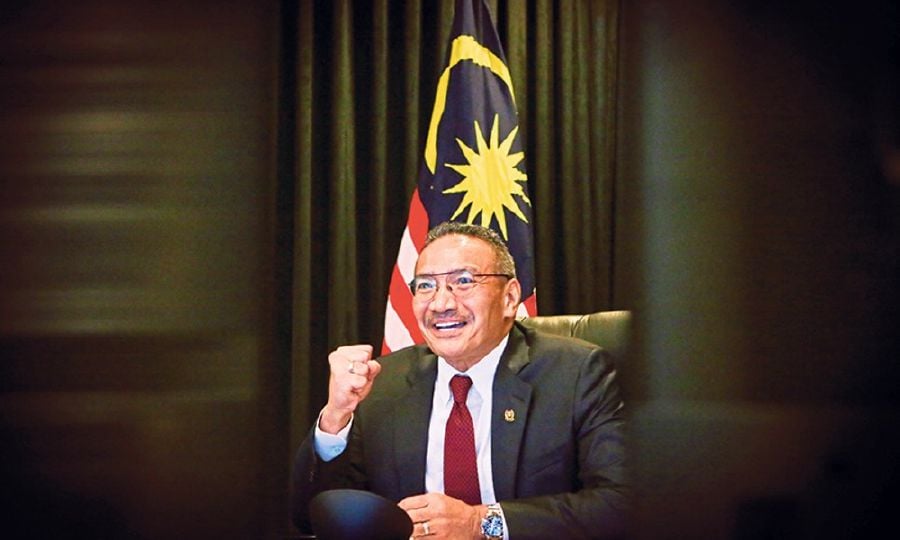
These challenges make for a complex security landscape in Southeast Asia especially as countries in the region continue to struggle with emerging variants of the Covid-19 virus.
During my tenure as Foreign Minister of Malaysia, I have consistently highlighted the danger of terrorism that has went relatively quiet while we battle the outbreak of the pandemic.
It is vital that we continue to keep our guard up against the threat of terrorism, extremism and militancy lest we risk endangering the peace and stability in the region.
In the face of traditional as well as non-conventional security threats, the FPDA has continued to enrich its traditional root through the journey of evolution by incorporating maritime and land domains.
Responding to the regional and wider emerging security realm has also reinforced FPDA's long-term partnership and cooperation. Since 2000, the arrangement has opened up to new cooperation in non-conventional domains, namely counter-terrorism and Humanitarian Assistance and Disaster Relief (HADR).
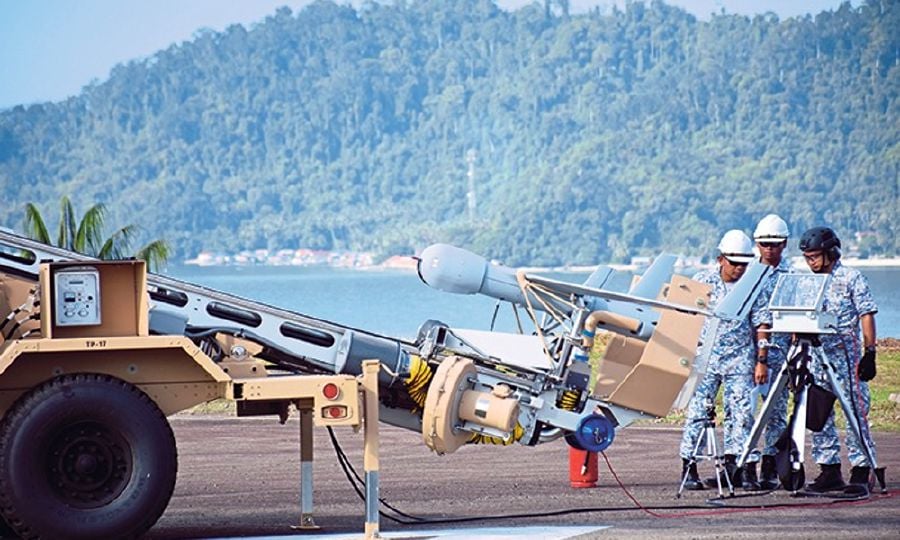
Now, the FPDA is about to take another decade of an exciting journey to better respond to the complex regional security landscape. In this regard, the FPDA 50th Anniversary Stocktake will guide this arrangement towards a greater level of friendship and cooperation.
The strategic direction entailed in the Stocktake will allow the FPDA to embark on a new mission of high-end conventional warfighting through the introduction of fifth-generation assets, introduce information and cybersecurity progressively while preparing to enhance mission in counter-terrorism and HADR, and finally improve Headquarters of Integrated Area Defence System (HQIADS) communication and tools to support the evolution of FPDA exercises.
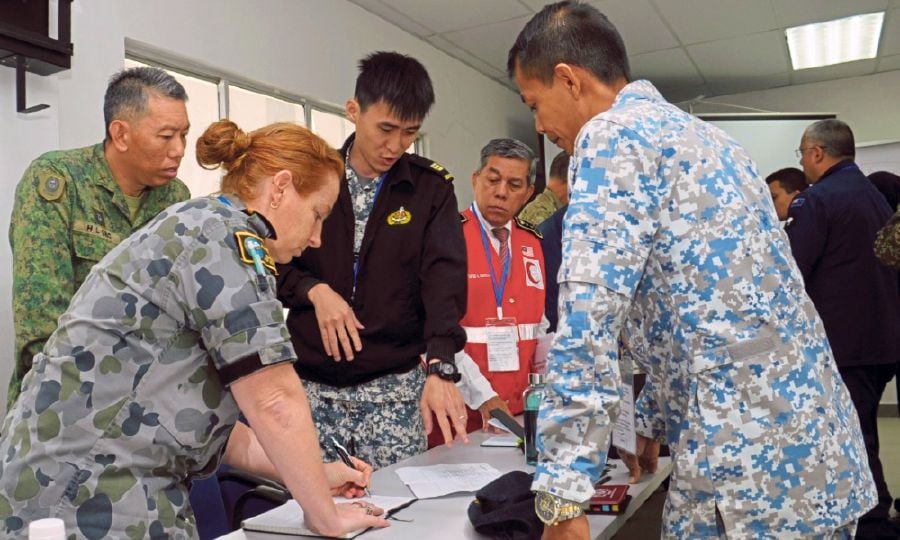
This will prepare the FPDA to be more resilient against emerging security challenges derived from the perpetual geopolitical dynamism, rapid technological advancement and pandemic.
Through the BERSAMA LIMA series of exercises, the FPDA is a true symbol of a more joint and combined armed forces of member nations responding to a variety of non-conventional security challenges.
The FPDA's evolution of activities has continued to prove its relevance and provide benefit to its members in building professionalism, interoperability and capacity in both traditional and non-conventional security realms.
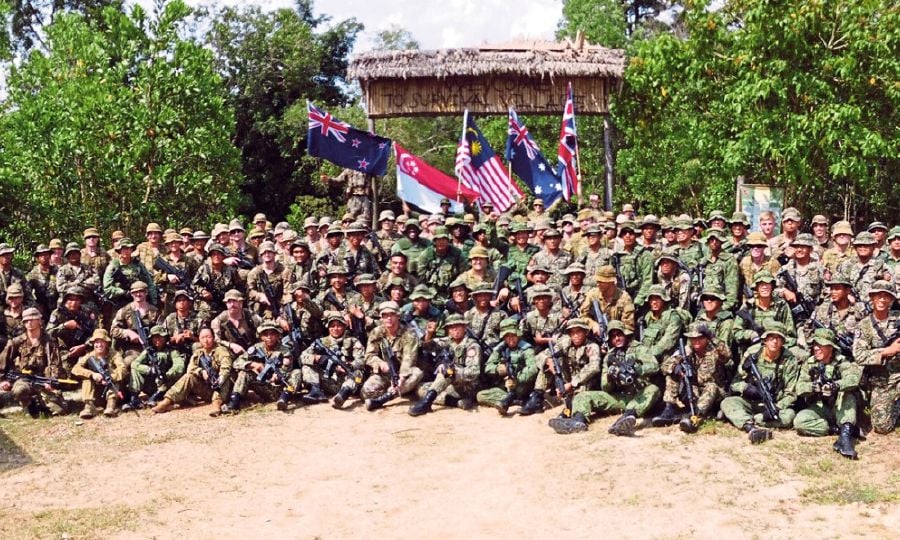
From a wider perspective, the long-standing defence cooperation has facilitated member nations in building and sustaining good bilateral and multilateral defence relations for the last 50 years.
Moving forward, the FPDA will continue to focus on developing three key elements — nurturing relationships to fulfil the strategic commitment, enhancing capacity to meet security demands and reinforcing interoperability through activities and exercises to address wide ranges of emerging security challenges constructively and strategically towards a more robust and auspicious outlook.
Datuk Seri Hishammuddin Tun Hussein is the Senior Defence Minister
